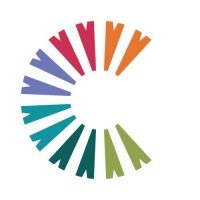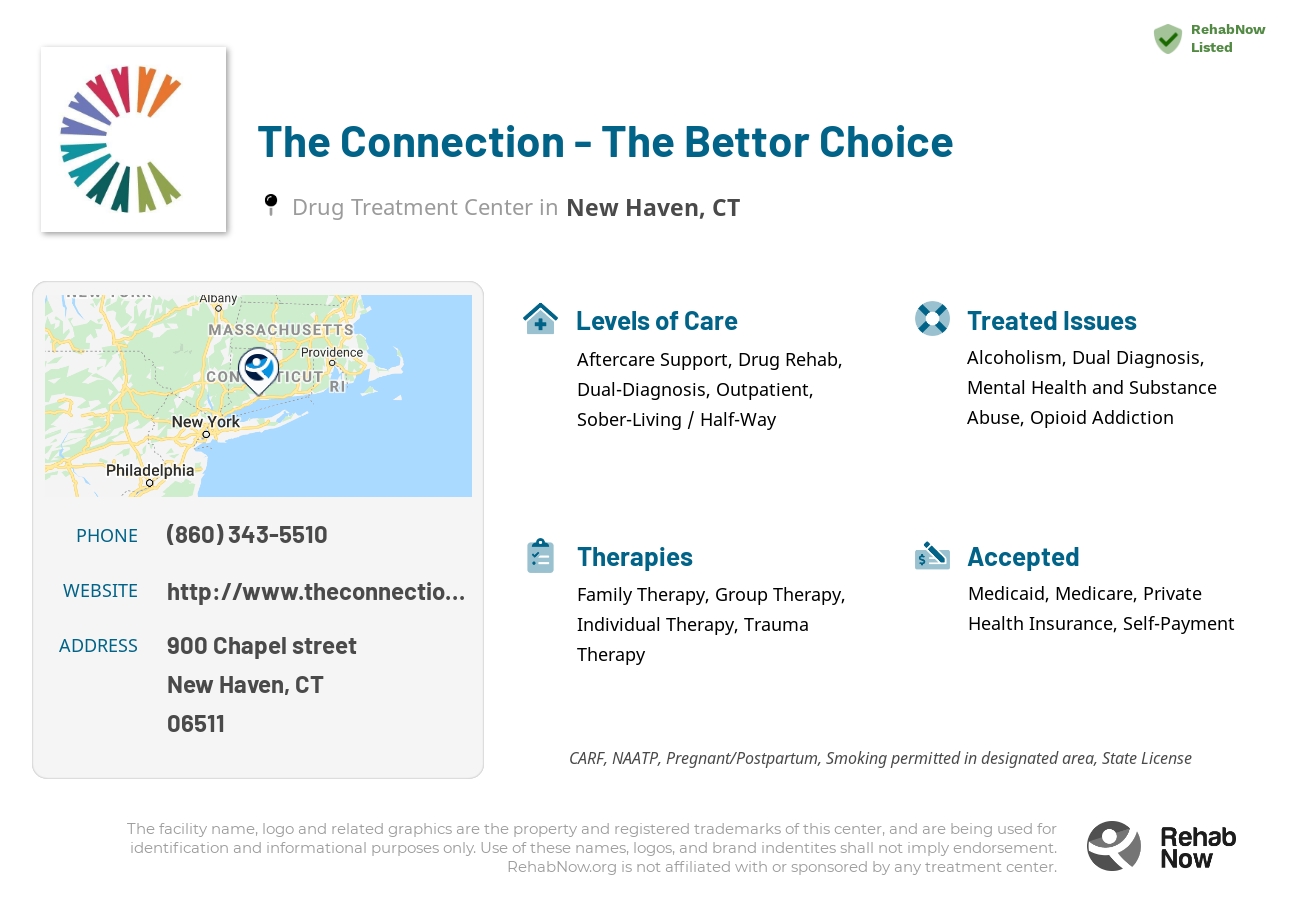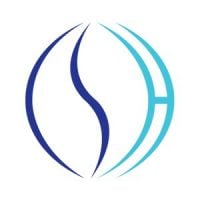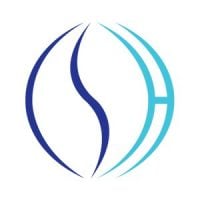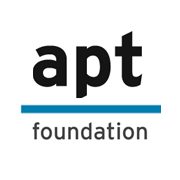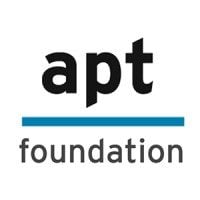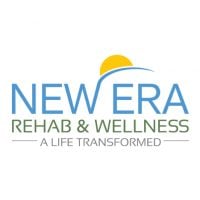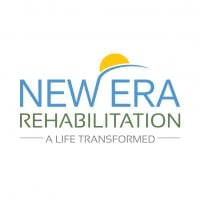The Connection - The Bettor Choice
Drug Rehab Center in New Haven, Connecticut
The Bettor Choice is a Drug Rehab Facility in New Haven, CT that provides Aftercare Support, Drug Rehab, Dual-Diagnosis, Outpatient, Sober-Living / Half-Way, and Residential Levels of Care, making it ideal for those seeking sobriety in Connecticut.
Multiple patients have reported The Connection - The Bettor Choice as permanently closed.
Research other rehabs in New Haven, Connecticut, or get help finding an open facility.
About The Connection - The Bettor Choice in Connecticut
The Connection - The Bettor Choice is an addiction treatment facility located in New Haven, Connecticut. It was founded in 1972 and has been committed to helping individuals suffering from alcoholism, dual diagnosis, opioid addiction, and drug addiction for almost five decades. The facility offers a range of levels of care including aftercare support, outpatient programs, dual-diagnosis treatment, sober-living or halfway houses, as well as residential rehabilitation services. The Connection - The Bettor Choice also accepts private health insurance, making their services more accessible to those seeking treatment.
Recognizing the diverse needs of individuals battling addiction and substance abuse issues, The Connection - The Bettor Choice provides variety in its treatment methods. Their dedicated staff employs evidence-based approaches designed to address the root causes of addiction while also providing individualized care. They offer drug rehab programs tailored to each client's specific needs and situation. Through their residential levels of care and outpatient programs, clients receive comprehensive assistance including group therapy sessions, individual counseling sessions, education on relapse prevention strategies, and support for co-occurring mental health conditions.
Genders
Ages
Modality
Additional
Conditions and Issues Treated
Treatment for opioid addiction is best made with the help of medical professionals who are experienced in dealing with these types of drugs. This treatment can involve medications, exercise, behavioral therapy, and counseling sessions. It is important to note that the effectiveness of treatments for opioid addiction vary, so it is vital to research which treatment options are suitable for each individual.
Many people who struggle with opioid addiction need to attend specific programs like methadone , Suboxone or Vivitrol clinics.
These types of programs will provide the patient with legal, prescription medications that can help them overcome their cravings for illegal opioids like heroin or fentanyl . If the patient has a chronic condition like Hepatitis C, they must undergo treatment before they can begin taking these medications.
Individuals who are addicted to drugs and/or alcohol often have one or more co-occurring mental health disorders. Addressing both the addiction and the mental health problems at facilities like The Connection - The Bettor Choice can be very beneficial for these individuals.
Common mental health conditions that often co-occur with addiction include:
- Anxiety Disorders – People with drug and alcohol problems often suffer from anxiety disorders such as panic disorder, obsessive-compulsive disorder, social anxiety disorder, and generalized anxiety disorder.
- Depression – One of the most common mental illnesses co-occurring with addiction is major depressive disorder.
- Attention-deficit hyperactivity disorder (ADHD) – Many people with drug and alcohol problems also suffer from ADHD.
- Bipolar Disorder – People with bipolar disorder are more likely to suffer from drug and alcohol problems than the general population, and vice versa.
Levels of Care Offered
This center offers a variety of custom treatment tailored to individual recovery. Currently available are Aftercare Support, Drug Rehab, Dual-Diagnosis, Outpatient, Residential, Sober-Living / Half-Way, with additional therapies available as listed below.
Outpatient treatment can be considered the lowest intensity level of addiction treatment in New Haven, CT. It is ideal for early phase addiction or lower intensity addictions. The Connection - The Bettor Choice peer group support, 12-step programs, and individual counseling are likely to be involved.
Sober living homes are transitional houses for recovering addicts who need more structure than they would receive in an aftercare program. Specific rules and regulations are enforced in these homes, which are beneficial for people who need a greater degree of structure than other types of treatment.
Sober living home options include:
- Live-in managers – might be beneficial to people who do not have a support system in place at home, or who experience high levels of stress between work and home life.
- House managers – House managers are beneficial for people who do not have a strong social network to rely on, or who are concerned about relapse in their daily lives.
- House parents – House parents are beneficial to people who reside in areas without a strong aftercare program for support.
Residential treatment programs are those that offer housing and meals in addition to substance abuse treatment. Rehab facilities that offer residential treatment allow patients to focus solely on recovery, in an environment totally separate from their lives. Some rehab centers specialize in short-term residential treatment (a few days to a week or two), while others solely provide treatment on a long-term basis (several weeks to months). Some offer both, and tailor treatment to the patient’s individual requirements.
Aftercare support is vital to those who have completed a drug or alcohol treatment program. This support comes in individual and family counseling, treatment of psychiatric and other medical conditions, and medications to reduce cravings. It helps recovering addicts adjust to normal day-to-day activities and can last for a year or longer.
The majority of drug and alcohol addicts who receive aftercare treatment do not relapse. It is estimated that without aftercare, the relapse rate will be between 70 to 90 percent for most people. Aftercare is the final stage in addiction recovery, but it will also help maintain sobriety if relapse does occur.
Therapies & Programs
Individual therapy is ideal for addicts who want to focus on themselves. It can also be helpful for those whose withdrawal symptoms are exacerbated by the presence of other people.
Benefits of individual therapy are:
- Access to a personalized treatment plan that focuses on the individual needs of the addict
- More privacy during treatment sessions
- Better personal development through introspection
- Increased self-awareness regarding addictive tendencies in order to avoid relapse
- Greater potential for a long-term recovery plan
- Receiving professional advice and detox assistance from medical staff
Family therapy can help you and your family deal with old issues that may trigger substance abuse. The idea behind family therapy for drug addiction is that you are never fully healed from substance abuse until you’ve healed your relationship with your family, too. To get sober, you need to find a different way to cope with the pain in your life.
This is when a group of people in various stages of recovery meet up and discuss their experiences, triggers, successes, failures, and even alternative therapies! Unlike support groups where everyone already knows each other, group therapy is conducted along side outpatient or inpatient treatment at The Connection - The Bettor Choice.
Trauma therapy is a clinical process that helps individuals deal with mental stress often caused by traumatic events. The therapist helps the person identify, understand and work through the problem. This is done with the help of talking about it in group or one-on-one counseling sessions.
Therapists use relaxation, role-playing, art, and music to help the person open up about what is bothering them. Some examples include:
- Talking about the traumatic event and how it affected them.
- Helping those who have PTSD to deal with their nightmares and recurring memories.
- Working with individuals to resolve the issues triggering the stress, whether seeing someone who reminds them of what happened or feeling helpless.
The individual is also encouraged to help others that are struggling with similar problems. This often helps them feel empowered and gives them hope.
Trauma therapy is not for everyone; it is usually reserved for people who have recently experienced a traumatic event and struggle to get over it. It is generally done for children, teenage victims of sexual assault, and war veterans.
Payment Options Accepted
For specific insurance or payment methods please contact us.
Is your insurance accepted?
Ask an expert, call (888) 674-0062
Harborside Healthcare Associated Centers
Discover treatment facilities under the same provider.
- Harborside Healthcare - Arden House in Hamden, CT
- The Connection - Michael Perlin Center in Meriden, CT
- The Connection - Michael Perlin Center in Norwich, CT
- Connection - Outpatient in New Haven, CT
- The Connection - Michael Perlin Center in Old Saybrook, CT
Learn More About Harborside Healthcare Centers
Additional Details
Specifics, location, and helpful extra information.
New Haven, Connecticut 6511 Phone Number(860) 343-5510 Meta DetailsUpdated November 25, 2023
Staff Verified
The Connection - The Bettor Choice Patient Reviews
There are no reviews yet. Be the first one to write one.
New Haven, Connecticut Addiction Information
Connecticut has a higher rate of substance abuse and addiction than the national average. The state ranks in the top 10 in the country for illicit drug dependence among those ages 18 to 25. In 2010, there were 9,211 people admitted to an alcohol treatment facility for alcohol abuse combined with a secondary drug. Connecticut ranked fifth in the United States of America for the number of fatalities involving drunk driving in 2014.
There are 9,000 people addicted to drugs in New Haven, Connecticut. The most common drugs are methamphetamines and marijuana. Alcohol is also abused by many residents. 20% of Connecticut residents have a substance abuse disorder, and 28,409 people died from drug overdoses in 2015. Drug treatment centers in New Haven, CT, offer detoxification. The therapeutic portion of treatment may involve individual counseling, group therapy, and recreational activities.
Treatment in Nearby Cities
- Putnam, CT (68.6 mi.)
- Thompson, CT (71.6 mi.)
- Greenwich, CT (41.3 mi.)
- Portland, CT (23.7 mi.)
- Higganum, CT (23.3 mi.)
Centers near The Connection - The Bettor Choice
The facility name, logo and brand are the property and registered trademarks of The Connection - The Bettor Choice, and are being used for identification and informational purposes only. Use of these names, logos and brands shall not imply endorsement. RehabNow.org is not affiliated with or sponsored by The Connection - The Bettor Choice.
